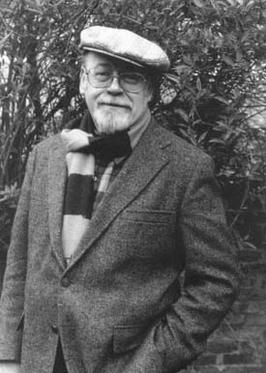In a substantial afterword to Lay Your Sleeping Head (2016) his reworking of The Little Death (1986), his first novel, Michael Nava wrote that
Most of the gay fiction I read at the time [1976-77] seemed to be by writers who accepted this morose formulation [diseased and condemned]. The so-called post-Stonewall fiction emanating from New York in the mid-1970s was anything but liberating. These celebrated novels were about doomed, self-hating queens who took drugs, went to dance clubs, had emotionless sex and no visible community…. Nothing could have been more alien to my life, my experience of myself, or my aspirations.
In contrast, Joseph Hansen’s insurance investigator Dave Brandstetter books “legitimated my hopes and aspirations. Brandstetter was the kind of grown-up I could imagine myself becoming: a competent professional who was also unapologetically gay and who demanded to be respected on both counts. For me, Joe’s novels were the fiction of gay liberation” (219).
I agree with the contrast, though the epitome of doomed 1970s New York disco bunny faggot, Dancer from the Dance, was not published until 1978, the same year as Nocturnes for the King of Naples, and Faggots. And the affirmative portrayal of gay San Francisco in the first volume of Tales of the City also appeared in 1978.
Moreover, Hansen rejected the appellation “gay,” following the HIC party line of Don Slater (see Hansen’s A Few Doors West of Hope: The Life and Times of Dauntless Don Slater, p. 77). And the representations of homosexuality in the non-Brandstetter novels by Hansen I have read are quite grim.

Oliver Jewett, the actor who wants to be a baker, in Joseph Hansen’s 1988 novel Job’s Year (1983) seems a lot like Dave Brandstetter, keeping his integrity among sleazy opportunists. He also has young boys (a variant on the noir femme fatale) throwing themselves at him. Although self-glorifying, the narrator does not seem to me narcissistic enough to be an actor (even one who wants to bail out), and is too unconcerned about money to ever have been a destitute young actor.
Bill seems to Oliver to be in love with celebrity (even minor celebrity) rather than Oliver. His younger (16-year-old) brother Larry seems to me to be in love with higher culture and getting out of his family (rather than with Oliver as a particular person). Bill’s and Larry’s father, Dolan, seems too crafty to be believable. I can believe that so many bad things can happen in a year, even to one whose desires are stigmatized, though the dating (monthing actually) seems quite arbitrary.
Except for Oliver the characters (recalled or in the present) are types rather than individuals. And loss upon loss (of family, of relationships, of employment, and of self) is piled on, justified I guess by likening Oliver to the Biblical Job, a good man tormented by a malevolent God.
+
On Hansen’s Nathan Reed novel, Jack of Hearts, the 1995 prequel to Living Upstairs (1993), set two years earlier (in 1941), see here.
©21 December 1995, Stephen O. Murray

